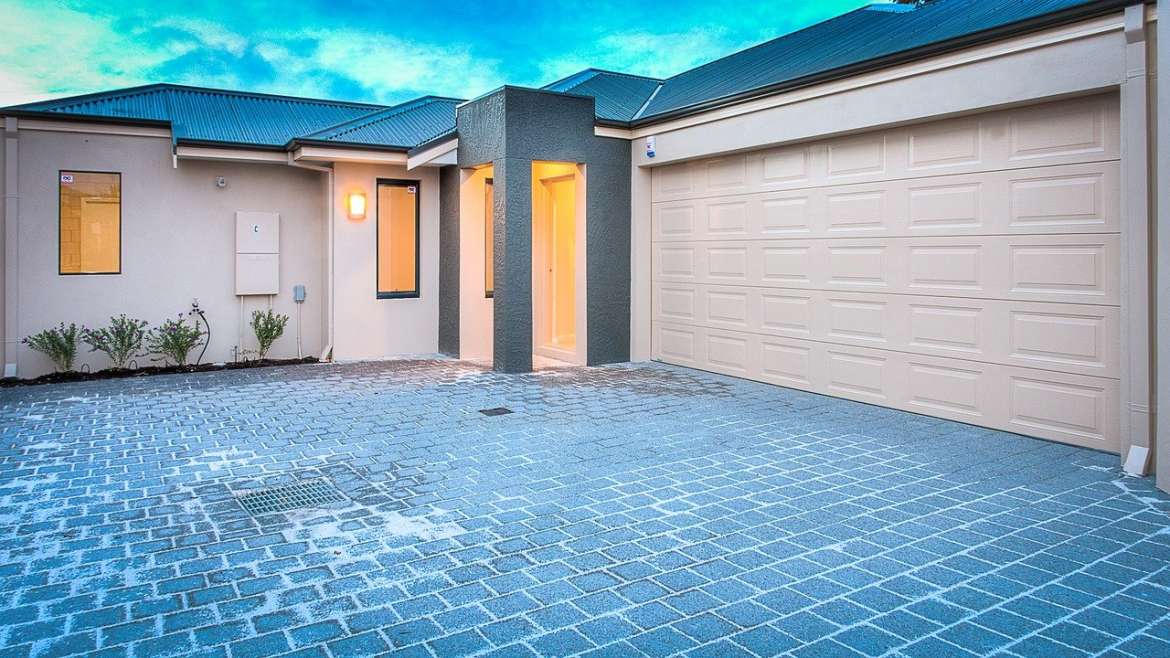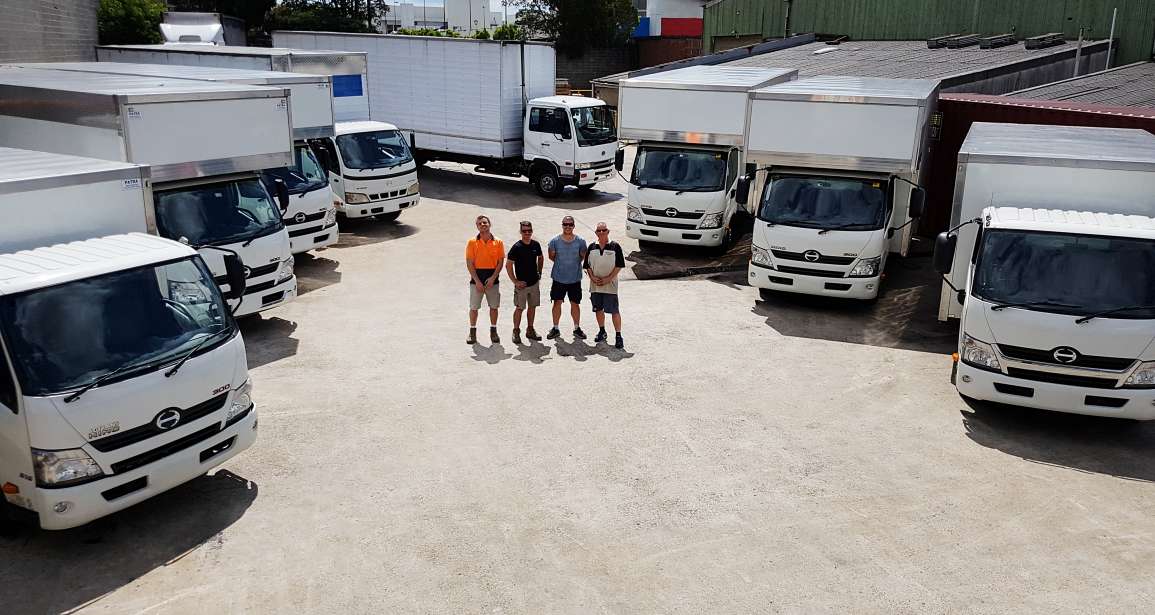In many countries around the globe, including Australia, every tradesperson can charge a call-out fee for their service. There are also others who have a ‘no call-out fee’ policy as incentives to their loyal or recurring customers. But they’re quite rare. As a consumer, it pays to know how call-out charges work and why you’re getting billed for it.
What is a call-out fee?
Call-out fees are a fixed price cost charged by a company to attend your home or business, usually for immediate or out-of-hours service. These prices are different from labor charges which is usually an hourly rate.
The call-out charge covers the time and effort it takes for tradespeople to attend your home, business, or broken-down vehicle. Most tradespeople who have call-out fees include plumbers, electricians, mechanics, and removalists.
What to ask your removalist about call-out fee
Here are important questions you should ask your removalist about call-out fees:
- Exactly what does your call-out fee cover? – Ask your removalist about his fee upfront so that hidden costs can be minimised. If you can, try to get a written quote.
- What is your minimum charge? – It’s best to ask about this so that you can fully understand their cost. No nasty surprise for you if they charge more than expected.
- Can you offer your service at short notice? – Is your removalist prepared to help you even during after-hours? How soon can he attend to you?
- Does the call-out charge include the repair costs? – If you have an item that needs to be repaired and they fixed it for you, will it be included in the overall cost?
- Are your services priced per full one-hour blocks? -Understand the scope of their services instead of just knowing their simple hourly rate.
- Are you a contractor, or service provider for the company, or a permanent employee? – In most cases, employees have a higher level of service compared to contractors hired by the company on a temporary basis.
Why do call-out fees vary so much?
Call-out costs can vary from one tradesperson to another. There are other removalists who charge for extra work or inspection which is different from their hourly rate. However, most simply charge for their travel expenses, basic operating costs, and full one-hour blocks.
Also, call-out fee price varies depending on the nature of work that removalists need to be done for you. If your case is more complicated, the tradesperson will ultimately charge you more. Fees also cover the transportation cost from the headquarters to your place. So, ultimately, the farther your place is, the higher the call-out fee will be.
There are also other factors that might affect the price of your call-out charge. Here are some moving call-out charge scenarios to give you an accurate example:
- If you have an item that needs to be picked up and moved from another location that is not your current home.
- If you have an item that is too big or too bulky to move in such a short time.
- If you live in a hard-to-reach location where transport takes more time than usual
What is the average call-out charge in Australia?
Do you know how much you should be paying? When nasty surprises happen, like your pipe bursting, your ceiling coming down, or your care breaking, you need a service person to come to your rescue. You know that emergency services can be expensive, but just how expensive can they be?
The cost of these out-of-hour services often varies per state, but can also differ based on the business, contractor, or industry. Here’s an approximate average of call-out charges in the country based on trade (Note: GST: goods and service tax):
- Car mechanics – $85 to $120 + GST
- Gasfitters – $100 + GST
- Electricians – $50 to $90 + GST
- Plumbers -$60 to $100 + GST
- Technicians – $60 to $99 + GST
*Most of these fees are for work done during regular business hours. Hourly rates and pay for after-hours and public holidays tend to be higher.
What is a minimum call-out charge?
A minimum call-out charge or minimum charge is a selling tactic companies do to avoid losing money when quoting a job. Instead of a separate charge for expenses, the minimum fee sets a baseline where the price can’t go any lower while the service is still billed with standard rates.
How to avoid call-out fee confusion
Call-out charges can be confusing to customers who haven’t been charged for them before. They may even be reluctant to choose removalist companies that charge these fees.
Someone who is used to paying someone for work, maybe thinking “Why should I pay a person to show up at my house when he couldn’t even fix my problem for the entire day?” Or they could be suspicious that it’s just another tactic of the company to make money from clients.
In some cases, service jobs may be unsuccessful due to the difficulty of the service in question. Consumers are legally bound to pay the service person’s call-out fee no matter the outcome.
That’s why it’s important to communicate the price, hourly rate, and job scope clearly before going forward with the service. There are many instances when call-out charges become was overpriced because the trader hasn’t communicated the hidden fees and charges. This leaves the customer unhappy which can ultimately affect your business.
Even if call-out charges are legal, there’s currently no governing body regulating and standardising these fees. If the business failed to disclose call-out charges, they’re the ones who might run into legal trouble. Industry-regulated call-out charges need to be a thing, yet still, nothing is being done to amend this. To protect your business and reputation, always notify customers about call-out charges ahead of time. Don’t give them nasty surprises at the end of the job.




